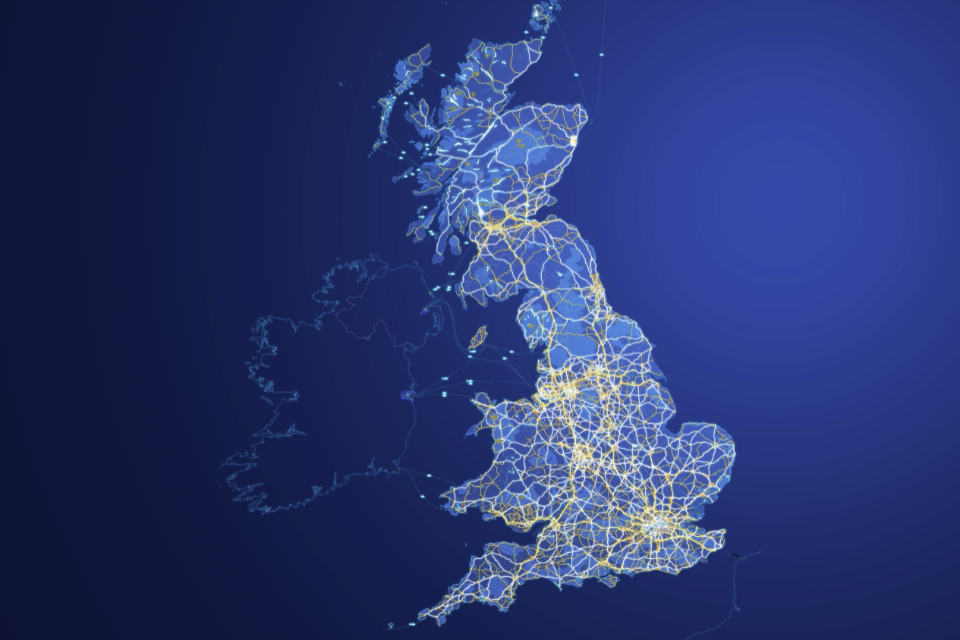Geospatial Commission commits £5m to unlock value in partner location data
The data will be used to fuel business and public sector decision making


The UK's Geospatial Commission will invest 5 million into unlocking the potential value in the geospatial data held by its six partner organisations.
As technology advances and encroaches upon more of daily life, location information and geospatial data are becoming more valuable in how organisations deliver services based on how the world is viewed and how people navigate it.
For example, digital transformation of traditional data has allowed for systems and services that better help navigate traffic jams or enable people to choose where to buy a house based on granular information.
The Geospatial Commission understands this and will earmark a portion of its two-year 80 million budget to its partner bodies: the British Geological Survey, Coal Authority, HM Land Registry, Ordnance Survey, UK Hydrographic Office and the Valuation Office Agency.
The data that these bodies collect through the use of public services will now be available for analysis by private companies, something that the Cabinet Office suggested would help glean some 11 billion of "extra value for the economy every year".
"Our modern Industrial Strategy will secure Britain's position as a world-leader in digital innovation and this government is committed to providing more opportunities for tech businesses - including small firms - to thrive, as well as access public procurement opportunities," said Minister David Lidington, chancellor of the Duchy of Lancaster.
"Through emerging technologies, our Geospatial and GovTech funding will elevate British companies onto a global market and help to deliver new services to improve people's lives."
Sign up today and you will receive a free copy of our Future Focus 2025 report - the leading guidance on AI, cybersecurity and other IT challenges as per 700+ senior executives
The geospatial data will be made accessible to the public and thereby empower businesses and other organisations to make better use of it to create new services or improve the delivery of their existing ones.
The move comes a mere day ahead of the launch of the next round of the 20 million GovTech Catalyst programme, which incentivise public sector organisations to summit challenge they think could be solved by the use of modern technology.
And all this further propels the UK's public sectors embrace of digital transformation, whereby old and siloed IT and data storage systems are replaced and re-engineered into shared digital services that open up data and improve the delivery of public services.
Roland is a passionate newshound whose journalism training initially involved a broadcast specialism, but he’s since found his home in breaking news stories online and in print.
He held a freelance news editor position at ITPro for a number of years after his lengthy stint writing news, analysis, features, and columns for The Inquirer, V3, and Computing. He was also the news editor at Silicon UK before joining Tom’s Guide in April 2020 where he started as the UK Editor and now assumes the role of Managing Editor of News.
Roland’s career has seen him develop expertise in both consumer and business technology, and during his freelance days, he dabbled in the world of automotive and gaming journalism, too.
-
 Hackers are using LLMs to generate malicious JavaScript in real time
Hackers are using LLMs to generate malicious JavaScript in real timeNews Defenders advised to use runtime behavioral analysis to detect and block malicious activity at the point of execution, directly within the browser
-
 Developers in India are "catching up fast" on AI-generated coding
Developers in India are "catching up fast" on AI-generated codingNews Developers in the United States are leading the world in AI coding practices, at least for now
